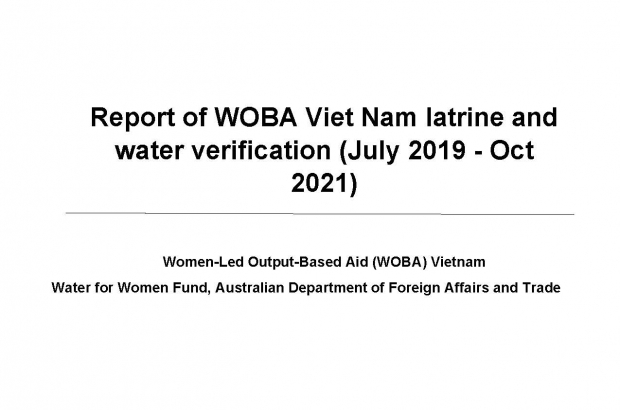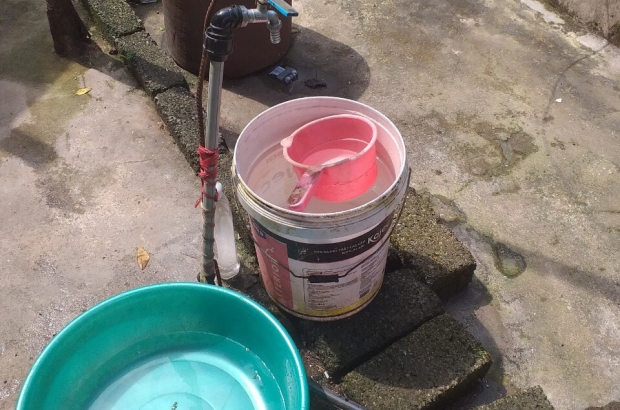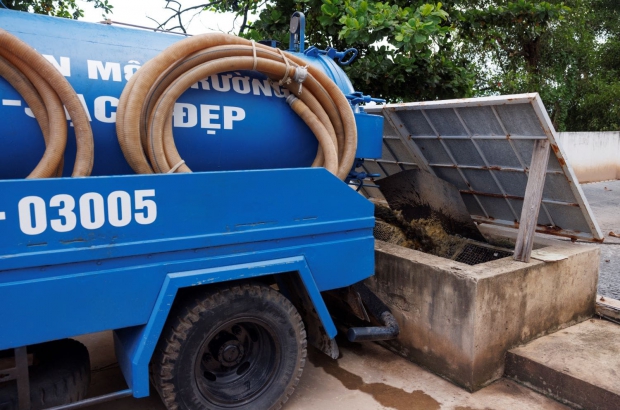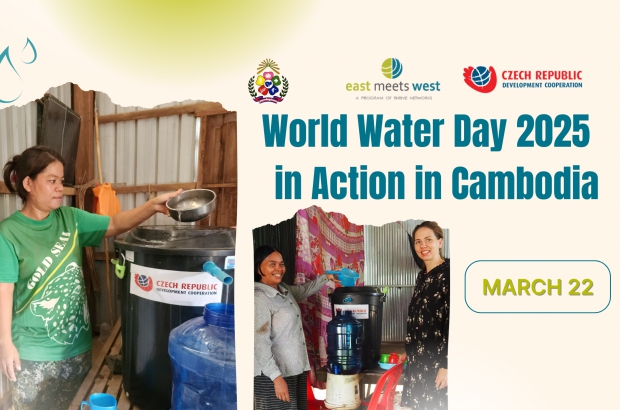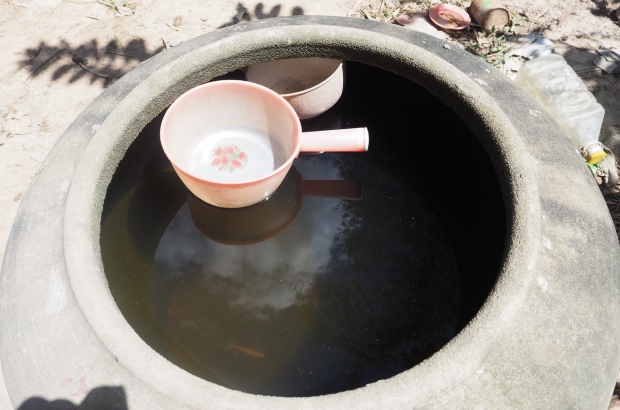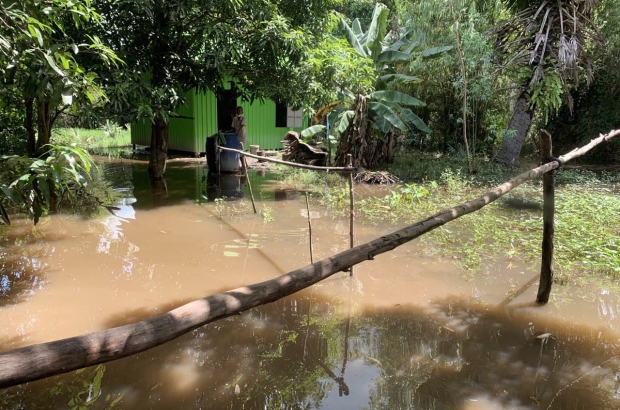1600
Report of WOBA Viet Nam latrine and water verification (July 2019 - Oct 2021)
This report presents the results of verification of latrines and water connections completed in the WOBA Vietnam project as of 30 October 2021: EMW and CDC completed 7,871 verifications for HH’s newly built latrines; EMW and PCERWASS completed 3,437 verifications for HHs’ piped water connections; WUs in Nghe An, Ha Tinh and Ben Tre completed 156 customer satisfaction surveys (CSS) of HHs after they had been using piped water service for 3 to 6 months.
1716
Report of the endline evaluation of Women-Led Output-Based Aid (WOBA) Vietnam
The purpose of the Endline Evaluation is to assess the WOBA project using the OECD Development Assistance Committee (DAC) evaluation criteria including Relevance – Effectiveness – Efficiency – Impact - Sustainability. The theory of change defined for WOBA Vietnam has been used to define evaluation priority areas of inquiry which in turn links to the key evaluation questions. The priority areas of this Endline Evaluation are: 1. WASH services implemented using OBA focusing on the water component 2. Gender equality and social inclusion approach and outcomes 3. Fecal sludge management pilot 4. Climate resilient water safety plan pilot.
1680
Financial health of private sector sanitation businesses in rural Vietnam. Learning note.
This paper presents and discusses the results of a survey with Vietnamese private sector sanitation suppliers about their businesses’ financial risks and viability, and their desire to provide services to the poor and vulnerable households in rural Vietnam.

